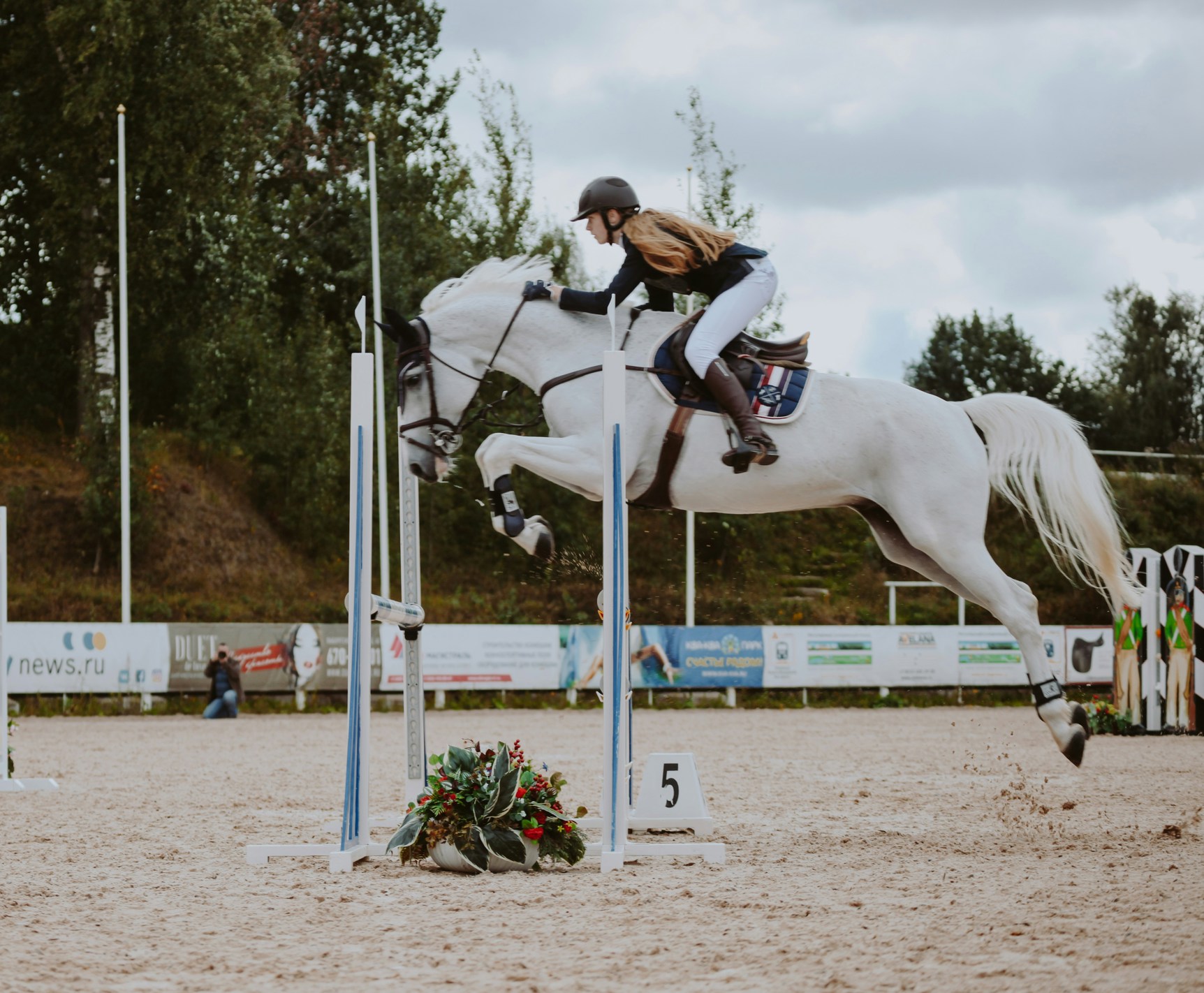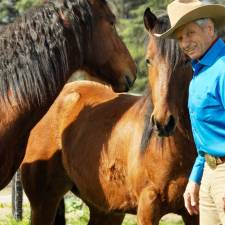
Horseback riding is one of the few pursuits where skill and unpredictability constantly intertwine, like a dance. No matter how experienced a rider may be, each time they step into the stirrups, they are entering into a dialogue with another living being. one with its own moods, instincts and energy. This blend of preparation and uncertainty is precisely what makes equestrian life so compelling. Riders don’t just crave control... they crave the challenge of facing risk, adapting and ultimately finding reward in the journey itself.
It is this very dynamic (risk balanced with reward) that has always drawn humans to more than just the saddle. Games of chance, contests at fairs and leisure activities mirror the same pattern: we enjoy uncertainty, not in spite of it, but because it forces us to adapt, focus and sometimes, simply let go. Let's break down why that mindset is significant.
The Equestrian Spirit and Calculated Risk
Every rider knows the quiet moment before a horse takes a jump: the reins are gathered, the rhythm steadies and for a few seconds, control hangs in the balance. The horse could clear the obstacle beautifully, hesitate, or refuse altogether. Riders train to minimize unpredictability, but they never eliminate it. The risk is part of the reward.
In many ways, this relationship mirrors other areas of life where people test their ability to face uncertainty. Just as a horse demands trust and patience, so too do activities that challenge chance. Riders, perhaps more than most, understand that thrill isn’t about guaranteed success. They understand it’s about navigating variables with composure and courage.
Horses and Games: A Longstanding Connection
Horses have always been tied to human culture not only as partners in labor and travel, but also as central figures in entertainment and games. From ancient chariot races to Renaissance fairs, equestrian events often mingled with contests of luck and spectacle.
Fairs in Europe, for example, frequently combined horse shows with archery contests, dice games and carnival-like amusements. These gatherings weren’t just about demonstrating skill but about indulging in the unpredictability of play. The horse, as a symbol of speed and vitality, often became the centerpiece around which chance and competition thrived.
Even today, modern horse shows retain some of this festive spirit. Beyond the competitions in the ring, there’s often a culture of camaraderie, food, music and small diversions. Honest proof that riders and spectators are both drawn to the same balance of risk and reward that horses so beautifully embody.
Modern Leisure Beyond the Stable
Of course, riders today live in a world that stretches far beyond the stable or the showground. After long training sessions or weekends on the road for competitions, relaxation takes many forms. Some prefer quiet evenings, others social gatherings and many turn to digital entertainment for lighthearted distraction.
It is in these spaces of casual leisure that parallels to equestrian life emerge again. Just as riders savor unpredictability on horseback, they may enjoy games that echo the same thrill in smaller, more controlled doses. For example, some turn to low-stakes online amusements like free slots with bonus and free spins, where the fun lies not in certainty but in the simple act of playing with chance. The stakes are minimal, but the pattern (anticipation, suspense and outcome) remains universally familiar.
What Riders Teach Us About Play
Equestrians bring a unique perspective to the idea of games and risk. They understand better than most that success often depends not on eliminating uncertainty, but on learning to manage it. Patience, resilience and adaptability are as valuable in the saddle as they are in any activity of chance.
A rider guiding a horse through a dressage test demonstrates control and finesse, but also the ability to adapt when the horse reacts unexpectedly. Similarly, when people play games of chance, the challenge is not in predicting every outcome but in embracing unpredictability without frustration. Riders embody this lesson every day: balance preparation with acceptance, skill with humility.
The Universal Allure of Chance
Whether on horseback or at a game table, humans have always sought spaces where skill meets uncertainty. The appeal lies not in guaranteed outcomes but in the thrill of possibility. A clean jump in the arena feels like victory not because it was assured but because the rider took the risk and found success.
The same applies to games: the joy is in the suspense, in the moment before the outcome reveals itself. The universality of this attraction explains why horses and chance-based amusements remain timeless. They speak to something fundamental about human nature: our desire to test limits, flirt with uncertainty and savor the thrill of outcomes we cannot fully control.
Riding, Risk and the Human Spirit
At its core, the equestrian lifestyle reflects the balance between risk and reward that defines so much of human existence. Riders step into the saddle not to control every outcome but to experience the joy of navigating the unknown with skill, patience and courage.
When viewed this way, it’s no surprise that equestrians also appreciate forms of play that echo the same dynamic. Whether in the arena, at the fair, or through casual diversions beyond the stable, the lesson is clear: joy is not about certainty, but about embracing uncertainty with confidence.
In both the world of horses and the world of games, the human spirit thrives on chance. It’s not about winning every time. Not in the slightest. It’s about daring to ride, daring to play and finding meaning in the sheer unpredictability of the journey. This... is the essence of life.
There are more interesting articles in our section on Riding Disciplines.



































